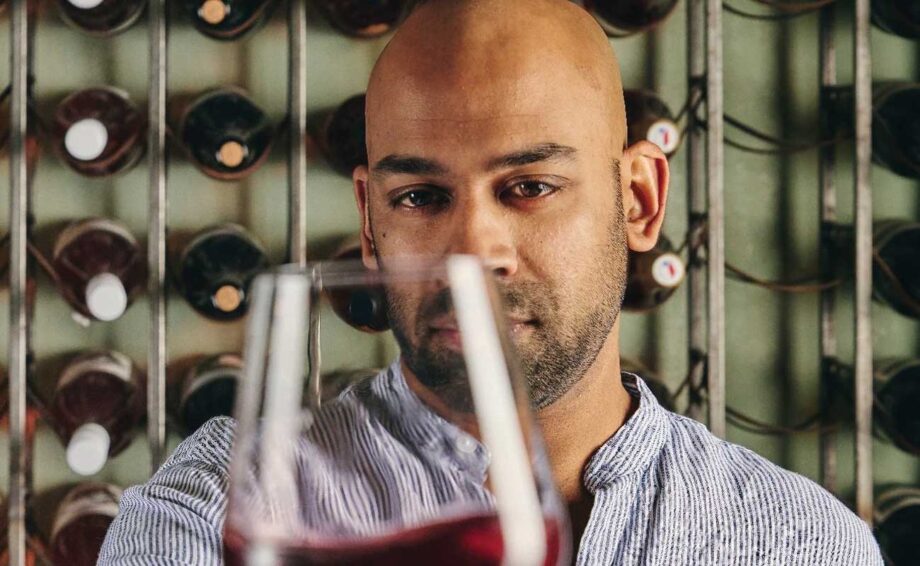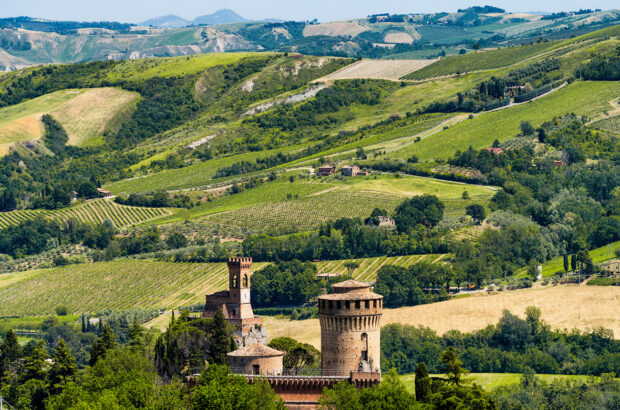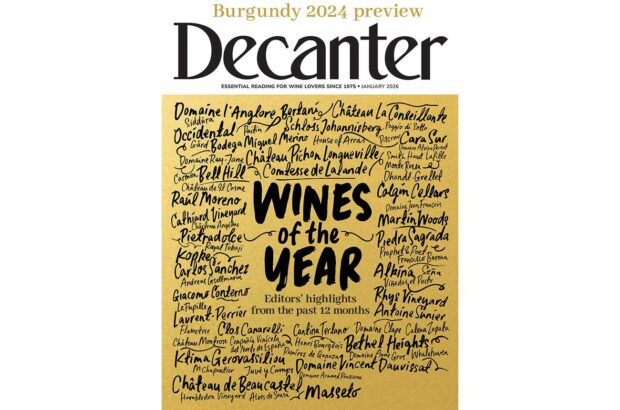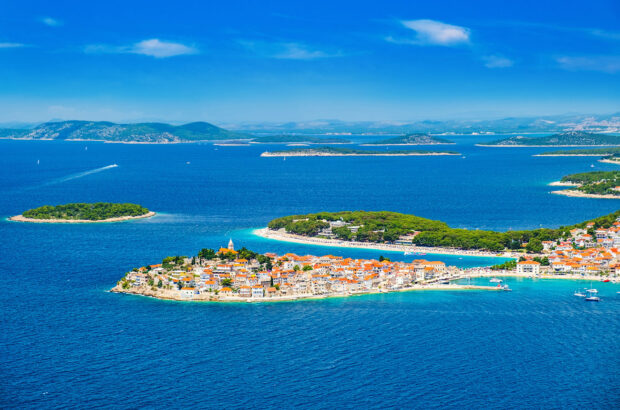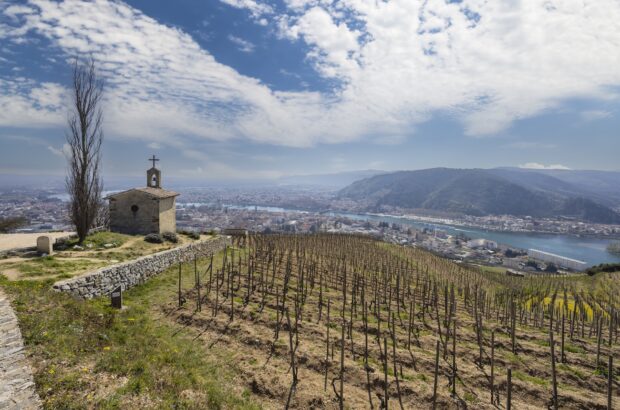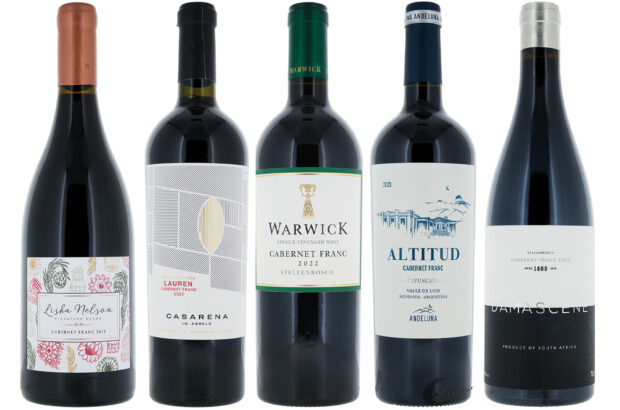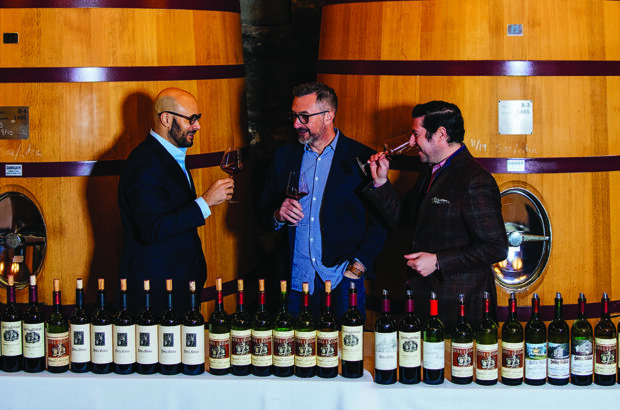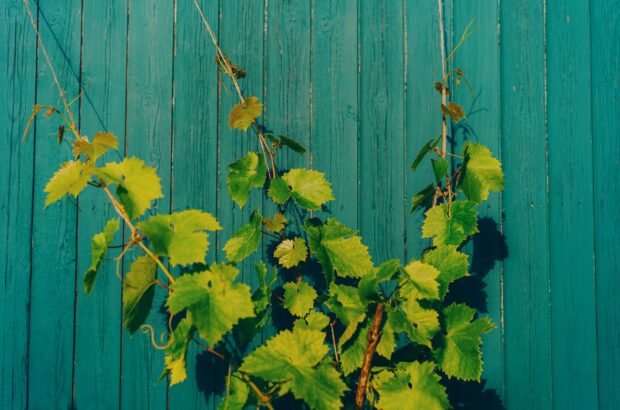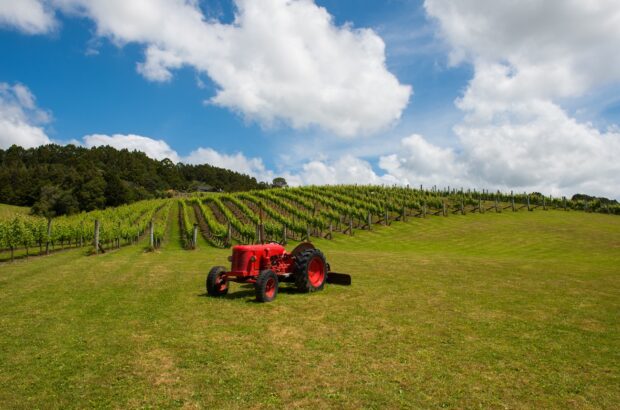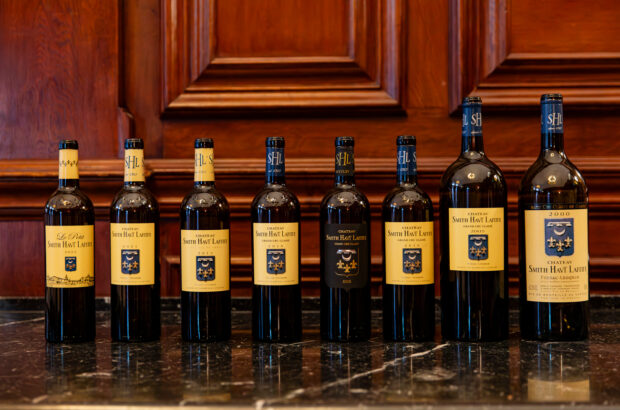I’m not 100% sure what I was expecting when I first opened The Cynic’s Guide to Wine (Académie du Vin Library, March 2025), but it wasn’t what I found. Perhaps I’d thought it would be more introductory, more light-hearted – more of a guide. As I started reading Sunny Hodge’s introduction, however, I realised that this was a book that deserved more serious attention.

Hodge’s name may be unfamiliar (although regular readers may remember him from the A drink with… interview in the September 2021 issue). If you’ve spent time browsing lists of London’s best wine bars, however, you may know Diogenes the Dog, a bar in Elephant & Castle that offers one of the city’s most eclectic lists – and was his creation (now joined by Aspen & Meursault in Battersea).
Don’t miss the ultimate wine experience – book your tickets now for the Decanter Fine Wine Encounter London 2025
Hodge studied mechanical engineering before entering the world of hospitality, and that scientific background helped to inform this book. As he notes, wine is all too often treated ‘like some ancient religion… shrouded in mystery’ – and in this guide he puts wine-speak under the microscope, looking at the science behind the myth and legend.
It’s smartly designed – clean and unfussy. You could argue for additional illustrations or photos, but the uncluttered design matches Hodge’s approach neatly. And at £25, this feels like a steal.
Chapters cover vine roots, the concept of terroir, ways of farming, the make-up of grapes, microbial activity, winemaking and tasting – each divided into satisfyingly consumable chunks. Hodge is clear and plainspoken, straight to the point, but with a dose of dry wit that avoids this becoming overly textbook-like. I rapidly found myself sucked into each section, regularly finding nuggets of new knowledge.
Research was clearly extensive and this is a brilliant offering for combatting the pseudo-science spewed out by all too many wine writers and sellers. But the cynic in me wanted a little bit more. Soil types were begging to be tied to regions, providing examples to help readers grasp concepts. I wondered if assumed aversions to organics or microbes were really up to date for today’s wine geeks, who are surely Hodge’s target audience. When potassium’s link to acidity was mentioned, I waited for a note on whole-bunch fermentation, while the focus on amines was crying out for a reference to Sophie Parker-Thomson MW’s work on sulphur additions and biogenic amines.
These are niggling points rather than serious criticism – from one cynic to another – for I couldn’t help but be drawn into this book’s pages. Most of all, it made me want to read, talk and write about wine, to debate with Hodge over a glass or two. I hope it does the same for you.
Irish influence
St Patrick’s Day has been and gone, but a new documentary is celebrating Ireland’s ties to drinks around the world. A Sip of Irish (2025, available to rent or buy on Prime Video) looks at the Emerald Isle’s legacy in wine, whiskey, Cognac and – of course – brewing. Wineries featured include many of those founded by the so-called Wine Geese (Châteaux Lynch Bages, Léoville Barton and Phélan Ségur in Bordeaux), as well as Dermot Sugrue’s eponymous English estate and the Judgement of Paris-winning Chateau Montelena in Napa Valley.



